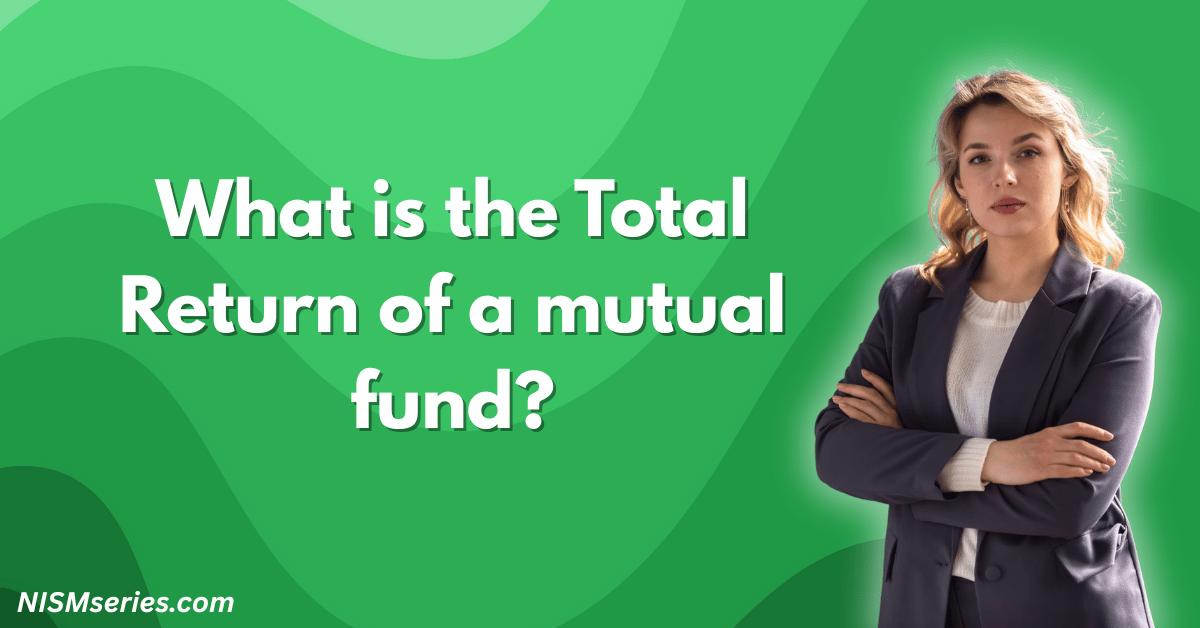An index fund is a simple mutual fund or ETF that copies a market index, like the Nifty 50. It buys the same stocks in the same amounts as the index. Its goal is to match the market’s performance, not beat it. This is “passive” investing, and it is the best choice for investors who want market returns without high costs.
Table of Contents
How Index Funds Work
What is an Index Fund?
An index fund mirrors a market index. If you invest in a Nifty 50 index fund, your money spreads across the 50 large companies in the index. The fund manager does not pick stocks. They just make sure the fund perfectly copies the index. If a company has a 10% weight in the index, the fund must also hold 10% of that company. This system removes human guesswork and makes the fund predictable.
How Index Funds Track Market Performance
Passive Management Strategy
Index funds use a “buy and hold” plan. They only change stocks when the index changes. The manager does not actively trade or time the market. This passive method means very little cost for you. Passive does not mean no management. The manager still monitors index changes to track it perfectly. Their only job is to copy the index.
Benchmark Index Replication
Index funds copy their benchmark by buying every stock in it. If a company is added to or removed from the index, the fund does the same. We measure how well a fund copies its index by checking its “tracking error.” This number shows how much the fund’s return differs from the index’s return. The best index funds have a very low tracking error.
Types of Index Funds Available
Equity Index Funds
These are the most popular index funds. They track stock market indexes. You can buy funds that track large companies (like Nifty 50), medium-sized companies (Nifty Midcap 150), or small companies (Nifty Smallcap 250).
Bond Index Funds
These index funds track bond market indexes. They invest in government and company bonds. They are safer and less volatile than stock index funds. Bond index funds are perfect for careful investors wanting steady income.
International Index Funds
These funds let you invest in foreign stock markets. They track global indexes like the S&P 500. This is the easiest way to own a piece of large global companies and grow your money in other currencies.
Sector-Specific Index Funds
These funds focus on one industry, like banking or technology. They track indexes like the Nifty Bank. These funds are very risky because all your money is in one sector. They are not for beginners.
Index Fund vs Actively Managed Funds
Cost Differences
Index funds are much cheaper than regular mutual funds. A typical index fund fee is 0.19% to 0.50%. A regular, actively managed fund charges 1.5% to 2.5% every year. A small difference in fees will save you a lot of money over time.
Performance Tracking Methods
The data is clear: most regular funds fail to beat the market. About 88% of large-cap funds performed worse than the Nifty 50 over five years. When you add their high fees, their performance is even worse. Index funds do not try to beat the market; they match it. You will never perform much worse than the market, which happens with most expensive funds.
Benefits and Considerations of Index Fund Investing
Key Advantages of Index Fund Investment
Low Expense Ratios and Cost Efficiency
Index funds are cheap because they are passive. They do not need large research teams or frequent trading. Low costs mean more money for you. Fees are a permanent drain on your investment, so you must keep them low. Index funds are the only way to do this.
Built-in Portfolio Diversification
Index funds offer instant diversification. When you buy a Nifty 50 index fund, you own a piece of 50 different large companies across many industries. Doing this on your own would be impossible. This diversification is the best way to reduce risk.
Market Transparency and Simplicity
With an index fund, you always know what you own. The list of stocks in an index is public. Regular funds are not like this; their stocks can change anytime. The simplicity of index funds makes them the perfect choice for everyone.
How Do Index Funds Minimize Investment Risk?
Index funds lower your risk by spreading your money across many stocks and industries. If one company performs poorly, it will not greatly affect your total investment. While they cannot protect you from a market crash, they remove the risk of picking the wrong stock.
Potential Drawbacks to Consider
Market Risk Exposure
Index funds are always fully invested. If the market goes down, your index fund will also go down. They cannot sell stocks to protect you during a crash like some regular funds. This makes them unsuitable for people who panic during market falls.
Tracking Error Limitations
A tracking error means the fund did not perfectly copy the index. This can happen because of fees or other small issues. The error is usually very small, but it is a permanent cost. You must choose a fund with a very low tracking error.
Index Fund Performance Expectations
Long-term Growth Potential
History shows market indexes deliver huge returns over the long term. Major indexes have returned 12% to 15% per year over many years. Index funds that track these markets are the best way to build long-term wealth.
Market Volatility Impact
Index funds will be as volatile as the market they track. The market will go up and down. You must be ready for this and stay invested for the long term. Do not let short-term moves scare you.
Getting Started with Index Fund Investing
Choosing the Right Index Fund
You must choose an index fund based on its expense ratio, tracking error, and size (AUM). Always pick a top-performing fund in copying its index. For most people, a broad market index fund like the Nifty 50 is the best and only choice needed.
Investment Account Setup Process
Opening an account is easy. You complete KYC with your PAN and Aadhaar. You can invest a lump sum or start a Systematic Investment Plan (SIP). An SIP is the best way for most people to invest regularly.
FAQ
Are Index Funds Good for Beginner Investors?
Yes, index funds are the perfect choice for beginners. They are simple, cheap, and diversified. You do not need to be a stock market expert. They are the ideal foundation for any long-term investment plan.
What is the Minimum Investment for Index Funds?
You can start an index fund with very little money. An SIP can be as low as ₹100 a month. A lump sum investment usually starts from ₹500. It is very easy to get started.
How Often Should You Review Index Fund Holdings?
You should check your index funds once or twice a year. Because they are passive, you do not need to watch them all the time. Just make sure the tracking error and fees are still low.
Do Index Funds Pay Dividends?
Yes, index funds give you dividends from the stocks they own. You can get this money as cash (IDCW option) or have it automatically reinvested (Growth option). The Growth option is always better for building wealth.
Can You Lose Money in Index Funds?
Yes, you can lose money. If the stock market goes down, your index fund will also go down. But because you own many different stocks, the risk of losing everything is very low. Over the long term, history shows you will make good money.




















